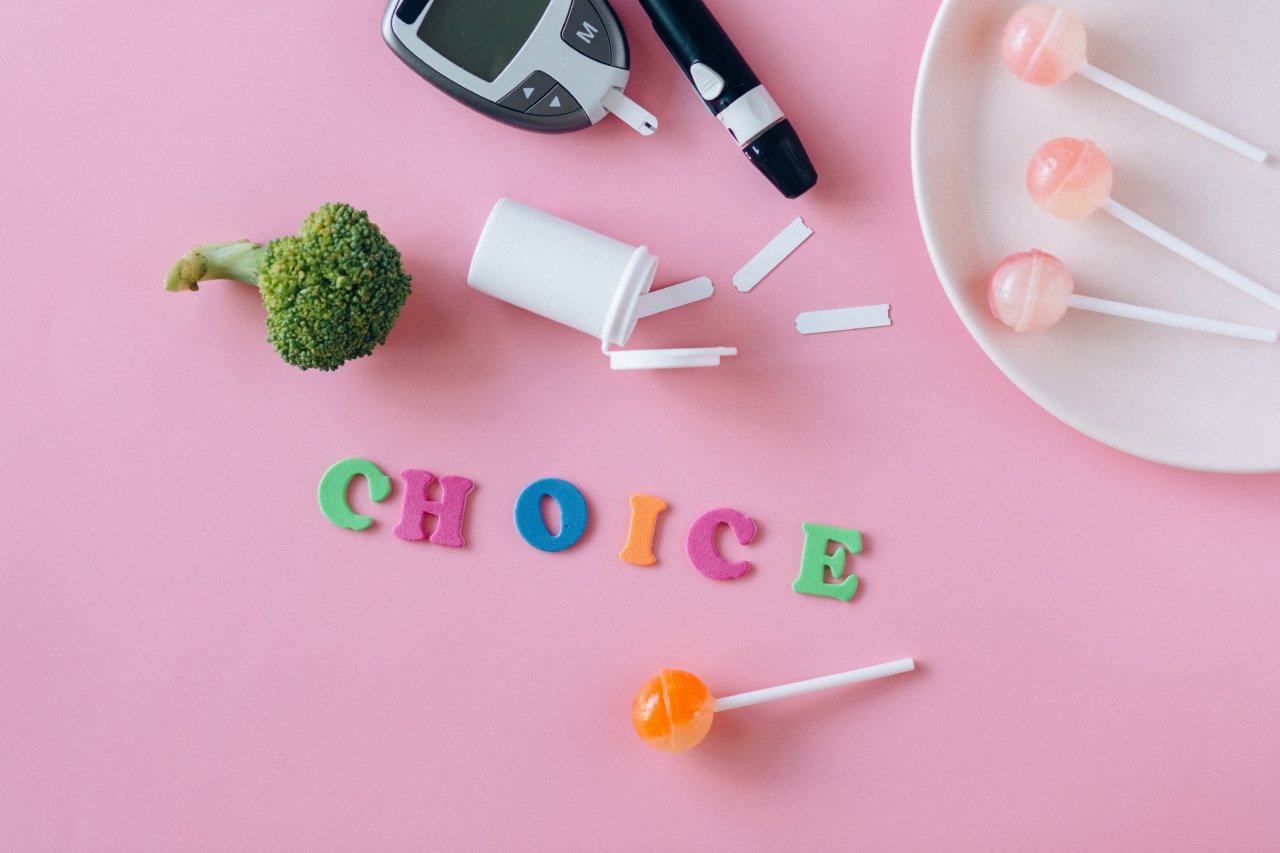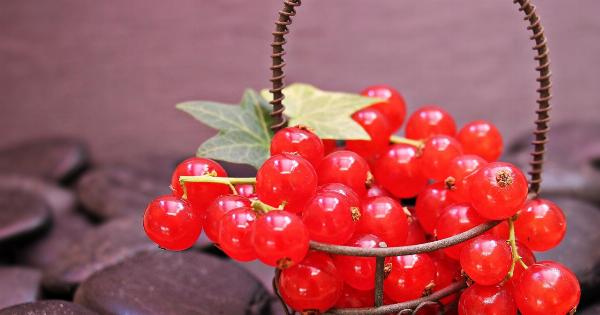According to the National Kidney Foundation, one in ten people will develop a kidney stone in their lifetime. Kidney stones occur when crystalline materials form in the kidneys or urinary tract, causing pain and discomfort.
However, certain food choices can help prevent the formation of kidney stones.
Drink Plenty of Water
The most important step to prevent kidney stones is to drink plenty of water. Increasing water intake helps to dilute urine and decrease the concentration of minerals that may form stones.
The National Institute of Diabetes and Digestive and Kidney Diseases recommends drinking at least 8-12 glasses of water per day.
Reduce Sodium Intake
High levels of sodium in the diet can cause an increase in calcium excretion in the urine, which can contribute to the formation of kidney stones. The American Heart Association recommends consuming less than 2,300 milligrams of sodium per day.
To reduce sodium intake, limit processed foods, fast food, and high-sodium condiments such as soy sauce and salad dressings.
Increase Calcium Intake
Contrary to popular belief, increasing calcium intake can actually help prevent kidney stone formation. Calcium binds to oxalates in the digestive tract before they can enter the kidneys and contribute to stone formation.
However, it is important to get calcium from food sources and not from supplements, which may increase the risk of kidney stone formation. Good food sources of calcium include dairy products, leafy greens, and almonds.
Eat Foods High in Magnesium
Magnesium is an important mineral that can help prevent kidney stone formation by inhibiting the formation of calcium oxalate crystals. Foods high in magnesium include leafy greens, nuts and seeds, whole grains, and beans.
Limit Animal Protein
High intake of animal protein can increase the excretion of uric acid, calcium, and oxalate in the urine, all of which can contribute to the formation of kidney stones. Animal protein includes meat, poultry, fish, and eggs.
Instead, consider incorporating plant-based protein sources such as beans, lentils, and tofu.
Avoid Foods High in Oxalates
Oxalates are compounds found in certain foods that can contribute to kidney stone formation. Foods high in oxalates include spinach, rhubarb, beets, peanuts, chocolate, and tea.
While these foods do not need to be completely eliminated from the diet, it is important to limit intake and balance them with calcium-rich foods.
Include Citrus Fruits in the Diet
Citrus fruits such as lemons, limes, and oranges are high in citrate, which can help prevent the formation of kidney stones. Citrate binds to calcium, preventing the crystals from forming.
Consider adding lemon or lime juice to water, salad dressings, or marinades to increase intake.
Choose Whole Foods
Processed foods and fast foods are often high in sodium, preservatives, and additives that can contribute to kidney stone formation. Instead, choose whole, unprocessed foods such as fruits, vegetables, whole grains, and lean proteins.
These foods are typically higher in nutrients and lower in harmful substances.
Avoid High-Dose Vitamin C Supplements
Vitamin C is important for immune health, but high doses (>2,000 mg/day) can increase the excretion of oxalates in the urine, contributing to kidney stone formation.
Instead of supplements, focus on getting vitamin C from food sources such as citrus fruits, bell peppers, and kiwi.
Avoid Sugary Drinks
Sugary drinks such as soda and fruit juice can increase the risk of kidney stone formation. Excess sugar can cause an increase in calcium and oxalate excretion in the urine.
Instead, choose water, unsweetened tea, or infused water with fresh fruit for flavor.































